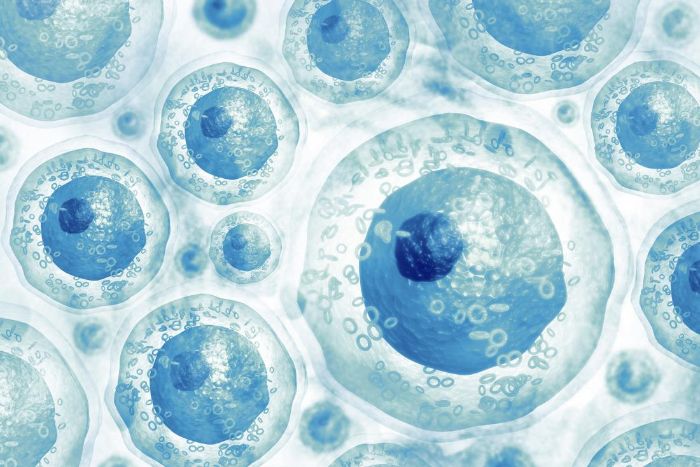Does a person’s blood type ever change? For a very long time, it was believed that a person’s blood type was immutable. But there are a few things that were recently discovered. Each person has a specific blood type at birth. This blood type may range from O negative to AB positive. Most people’s blood type is a fixed characteristic that they will have their whole life. While this is true in some ways, a person’s blood type may actually change. Many biological traits of people are malleable, much as how hair color changes over time. And this also applies to blood type. Let’s see how this occurs.
How Is Blood Type Able to Alter?
A person’s blood type may change in specific cases. This is largely because bone cells play a significant function in the body. There are A-B-O and Rh systems to describe various blood types. Each one alludes to several red blood cell surface antigens. Blood of type A has the A antigen, blood of type B has the B antigen, blood of type AB has both, and blood of type O has neither.
The Rh factor protein is what gives blood types their positive or negative designation. A positive indicator means one has the Rh factor, while a negative one means they don’t. Our inherited blood traits are governed by our genes.
One of the Factors

When a person’s body gets blood after a surgery like a transplant that is not compatible with their blood type, a potentially lethal response might take place. It is a must to comprehend if there are any variables that might alter a person’s blood type. One of the few documented instances where a person’s blood type changes is hematopoietic stem cell transplantation: HSCs are present throughout the body, primarily in the bones.
Hematopoietic stem cells may sometimes suffer harm or perhaps become entirely extinct as a result of difficult conditions like cancer. In such circumstances, a person gradually need new ones. Another area of the body may create these cells. But a donor may also provide them.
This type of blood donation may alter a person’s blood type. The primary cause of blood type change is the HSCs beginning to make specific cells, such red blood cells, as soon as they settle in the bones.
Bone Marrow Transplantation

Consequently, one’s blood group changes if he/she gets a hematopoietic stem cell transplant from someone whose genes are from a different blood type. And this happens fairly often. An HSC transplant that practically everyone has heard of is bone marrow transplantation. Contrary to its name, this transplant does not include replacing bone-related tissue.
This involves giving someone new hematopoietic stem cells instead. To replace the cancerous ones is the method. But why can’t the body assault these mismatched blood cells at this stage? This is why in the HSC transplants the donor and recipient both must have the same blood type. There is one exception, though:
In contrast to solid organ transplants, physicians do not only consider the A-B-O blood type for the HSC transplant. They are more concerned that the two sides have the same HLA type. This is so that the body can determine if particular cells are its own by using cues like A-B antigens.
These antigens, however, are really more significant in HSC transplantation than the antigen on the blood cell. Because HLA predominates over A-B antigens in the stem cell that develops into a red blood cell. In cases of incompatibility, there may be some issues with transplantation, but in certain cases, changing blood types is preferable than forgoing a transplant altogether.
The fact that a person’s blood type may change provides another window into the amazing physiological machinery of our bodies. Systems that make up our bodies are too intricate to be duplicated in the outside world. Blood type is a relatively basic concept, yet knowing it well enough may save lives.








